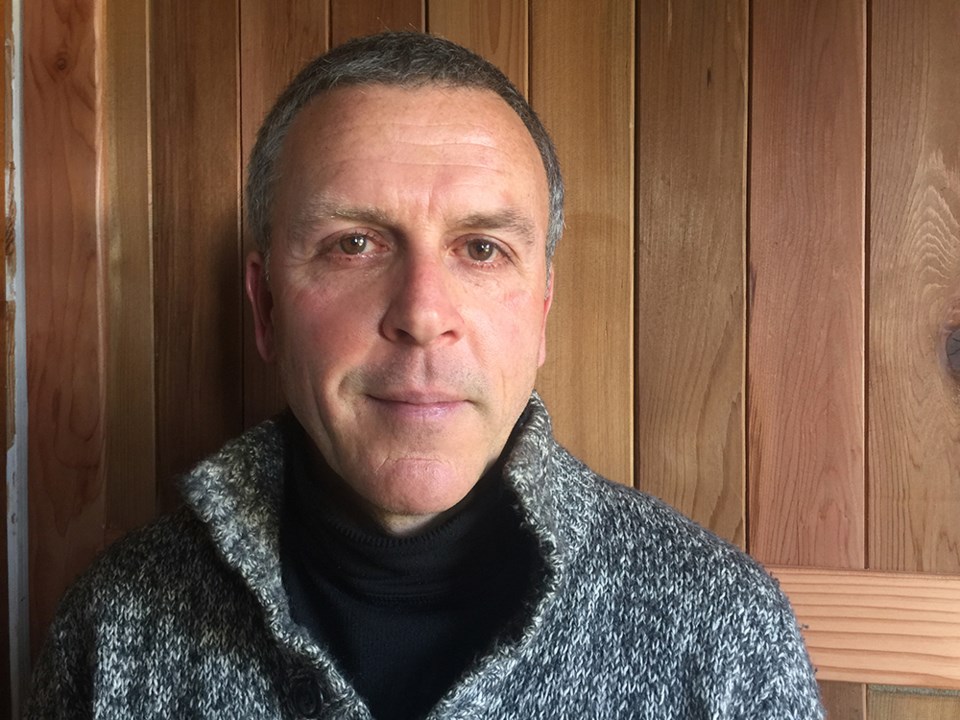Is this the most confusing, overwhelming moment in human history? It’s a highly subjective question and I’m sure many people have thought their particular historical moment was the all-time high, or low, point for pervasive confusion and overwhelm.
But here we are, heading into the second year of a pandemic that may or may not end soon. And the appearance of viral variants that are far more transmissible than the first iteration of COVID-19 pose a range of challenges we are all aware of by now.
COVID-19 has brought so much suffering to so many in so many ways, from the staggering fatality rate in the richest country in the world, to shuttered business and lost jobs locally and globally, to young lives, social connection and educational opportunities interrupted, with profound and mounting consequences.
Some of the only good news I can think of – stemming from the pandemic – is the ability of virtually all aspects of our society to respond quickly, if not necessarily effectively. Governments introduced lockdowns and most of us followed the guidance given to protect ourselves, our families and the most vulnerable in our society.
Choices reveal pain and suffering
At the same time, the many faces of inequality and cruel public choices have been revealed in all their raw pain and suffering. For example, the way we treat our elders, far too many of whom live in appalling loneliness and insufficient care in institutional settings everywhere, has been exposed in ways that simply cannot be ignored.
As pandemics go, historians tell us that, harrowing though this time is, we are far more fortunate than those who lived and died during the Black Death and other plagues. And/but, as epidemiologists, pandemic experts and a myriad of other scientists tell us, we are likely heading into a period of history that will see more and more zoologic pandemics as a result of devastating habitat loss, biodiversity destruction and the relentless pressure of modern economics, where ever-expanding market imperatives are somehow paramount.
And then, of course, there is the climate crisis, which is not taking a break for the pandemic. Instead, it careens along with the rapidly growing risk of feedback loops cascading into one another and forever altering life as we know it. Despite the gravity of the situation, the climate crisis is not being sufficiently addressed by any government anywhere, including here in Canada, regardless of which party is or has been in power.
Life remains pleasant for some
Taken together or even one piece at a time, all of the above can be overwhelming for many of us. How could it not be? And yet, here in Powell River, life remains very pleasant and seemingly protected for some of us.
Thanks to the superb public health management of Tla’amin Nation, where the only outbreak of COVID-19 on the Malaspina Peninsula was contained and overcome, we have been largely unscathed by the pandemic. And despite more than 100 years of intensive extractive industrial activity, our region remains stunningly beautiful, resilient and vital.
For some, like me, it is also a confusing time. We are aware of the global linkages – economic, environmental, cultural, political – that tie us intimately to the wider world every day. We are aware of the extraordinary suffering affecting so many in an economic system of growing inequality on a planet staggered by unprecedented ecological wreckage. And yet we are lucky to be here, safe and sound for now, and hopefully working wisely at all levels of society, from our neighbourhoods to our city council and outward in the concentric circles of relationship, influence, power and vulnerability that define our experience.
Overwhelm and confusion can lead to withdrawal, the wish to shut down and retreat to whatever feels safe. And there are clearly times where that is both necessary and healthy. But if we are to prevail in the face of all I have briefly mentioned here, we will have to bring the best of our humanity to the weeks, months and years to come.



